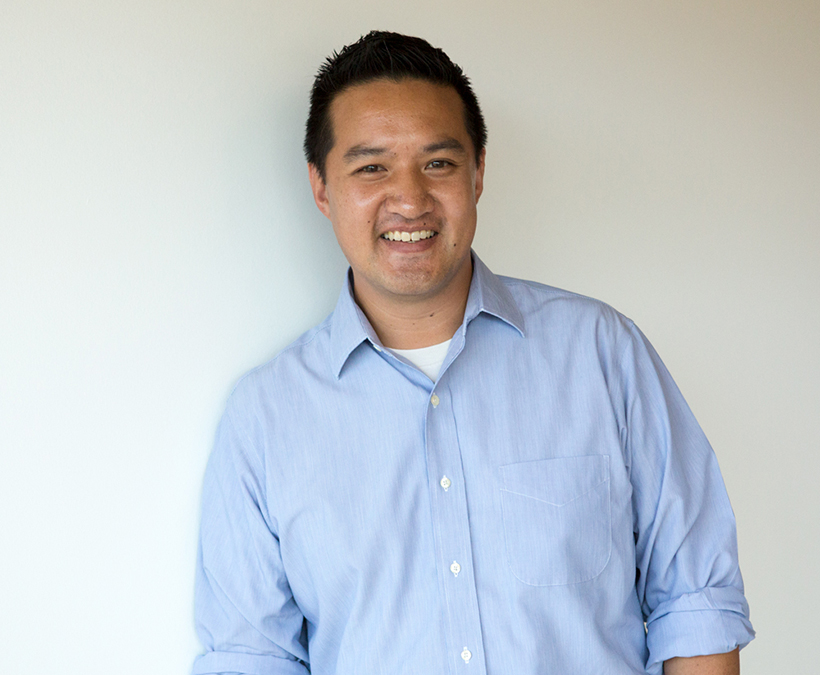
Gregory Ng is the new CEO of Brooks Bell Inc. Read his thoughts on the future of experimentation, and how companies can leverage their testing programs to shape their business strategy and drive customer-centric growth.
Three weeks ago, I walked back through the familiar doors of Brooks Bell’s Raleigh headquarters. I previously led Brooks Bell’s marketing and sales from 2008 to 2015.
Coming back, this time as CEO, it strikes me how much the landscape has changed. It is now more important than ever that businesses make experimentation a strategic operational advantage to innovate, optimize and to manage risk.
When I joined Brooks Bell in 2008, experimentation was in its early days. Companies were beginning to feel the weight of competing in a digital-first and increasingly data-driven business landscape.
When I left seven years later, testing was just starting to peak in adoption. Part of this was in response to market demands: in 2015, startup funding and the search for the “next big thing,” was at an all-time high. It seemed like everyone—regardless of company size and growth trajectory—was dissecting the success of digital pioneers like Google, Amazon and Facebook, as well as unicorns like Airbnb, Snapchat, Pinterest, Slack, Dropbox…the list of private companies that reached a valuation of +$1B in 2015 goes on.
Why were these companies winning? One reason stands out: they all had an abundance of customer data, and they actually used it to influence their decisions. Any company that wanted to challenge them needed to do so, as well, and testing offered a pathway to do this.
I’d argue that if you’re only measuring the impact of your tests within the context of your website, your experimentation team is only delivering 10% of its true value.
Gregory Ng
Today, experimentation has become more prevalent. It’s rare that we come across a company that hasn’t run at least one website test. Over the last four years, Brooks Bell has generated over $1B in revenue for clients through high-velocity testing, personalization and consulting companies through the process of data-driven culture change.
Despite all this, many companies are still struggling. Leveling-up to their digitally native competitors requires breaking through the silos and red-tape that have cemented themselves in their corporate cultures.
This is where Brooks Bell comes in.
The ROI of experimentation is often measured by increases in conversion rate, win rates and test velocity. But simply interpreting ROI as “did this test win or not?” is foolish. In fact, I’d argue that if you’re only measuring the impact of your tests within the context of your website, your experimentation team is only delivering 10% of its true value.
It’s not just about increasing conversions anymore. It’s about operationalizing insights.
With 4.39 billion active internet users and 3.93 billion unique mobile users, digital offers the most direct way to connect with your customer, and testing offers the best, most cost-effective way to uncover what makes them tick.
In order to compete in today’s market, companies need to have a scientifically sound method in place to learn about its customers, to change and to innovate—all while limiting risk, streamlining operations and reducing costs.
So, for us, it’s no longer simply about running tests and identifying trends. It’s about empowering our clients with the data, skills, processes and internal muscle to position their experimentation program as an “Insights Engine” and use testing to glean powerful customer insights to help drive their entire organization.
After so many years in this space, I know that experimentation is the critical ingredient for increasing market share, profits, efficiency and innovation in business. In the coming months, we’ll be introducing some exciting new solutions to accomplish this, expanding the impact of our already world-class consulting services. I’m excited to get to work, and I’m excited to have you on-board with us.











